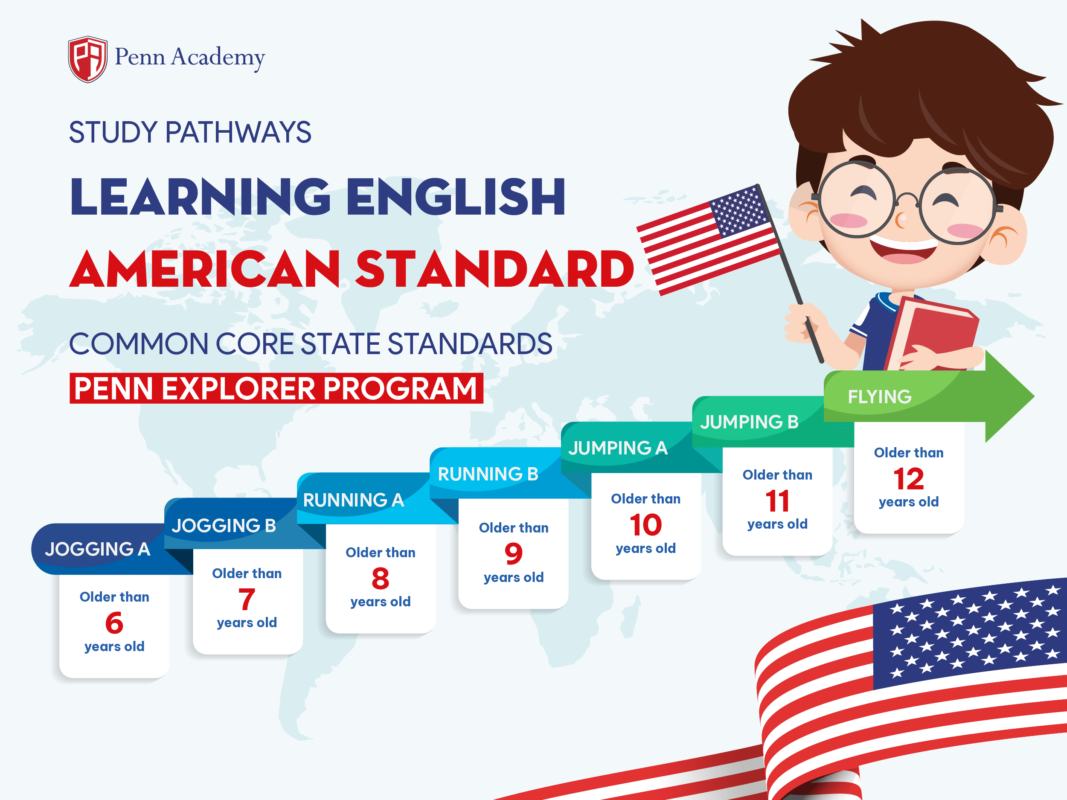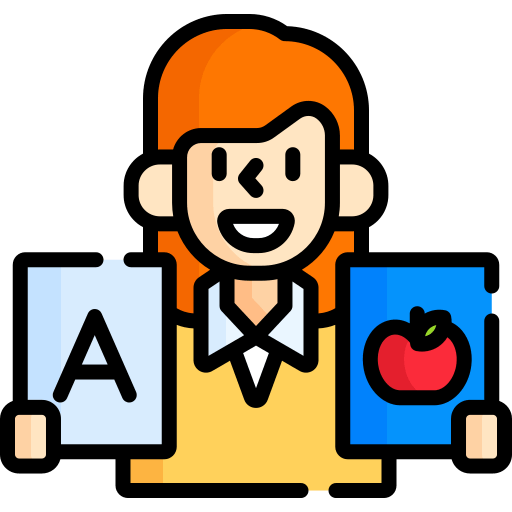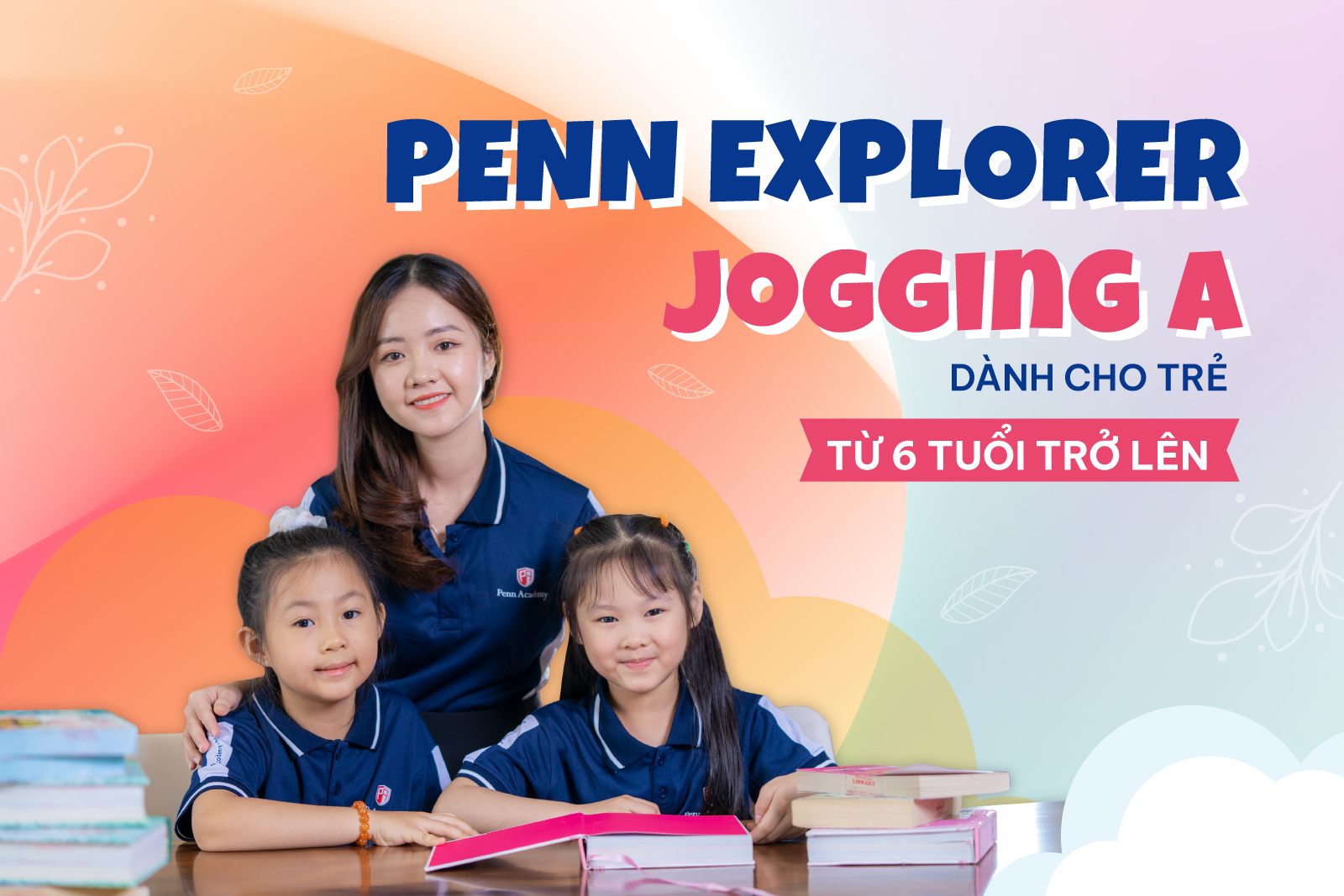Sign up for a consultation
Goal
Students will learn to identify vocabulary that suggest feelings, explain the differences between texts that tell stories and those that provide information, and identify who is narrating a story at different times in a text. Students will demonstrate a comprehension of spoken words, syllables within words, and sounds. Students will be able to read grade-level content sufficiently to understand the meaning by using proper phonics and word analysis.
Object
Students at 6 years old
Course outline

Curriculum
The course material is based on the Common Core State Standards for children aged 6 to 12, as well as the frameworks in American education.
This course will concentrate on language arts skills such as reading, writing, listening, and speaking. Students in the first grade will be exposed to a wide range of genres in order to improve their comprehension of literature and informational texts. Differentiated teaching will be used to develop communication skills through oral and written expression across the curriculum. This course will help students acquire the techniques and skills necessary for academic achievement in all disciplines.
Form of learning
In addition to its lessons at the center, Penn Academy will run online classes through the Penn E-Learning system. The system has a user-friendly interface and numerous advanced features that allow students to easily communicate with teachers, use free online storage, and save lessons, among other functions.
Teaching model
The teaching and learning strategies provide teachers with models for developing learning materials for their students, which can be adapted and used in other contexts and curriculum areas.
Vocabulary building: This strategy focuses a portion of each classroom session on building a better vocabulary. Teachers invite students to identify unfamiliar words, cover the meanings in class, and use interactive vocabulary-building exercises, related to the course materials.
Writer’s workshop: The writing workshop model allows students to learn about and take part in all aspects of the writing process.
Peer response and editing: A highly valuable teaching strategy. Students are given the opportubnity to think critically about others’ writing and see the results their classmates got from a writing assignment, enabling students to learn from eathother’s strengths. In addition, teachers observe how different students learn and what strategies are the most effective.
Cooperative learning: Cooperative learning asks students to discuss a piece of literature in small groups. By allowing the students to engage in meaningful discussion, they begin to learn to analyze literature and engage in an educational process that they can take full ownership of, as opposed to being given a general lecture on a chapter in a book.
Student-chosen texts: Allowing students to choose their own reading materials is a strategy that literacy specialists recommend as a way to develop lifelong readers. Students are given a choice of literature from age and reading level appropriate book collection. After a period of independent reading, students break into groups and discuss what they’ve read, book club-style, followed by journaling. When successfully applied, students are able to delve deeply into the meaning of the literature, develop critical thinking, and the ability to engage in discussion with their classmates about the book that they chose.
Key selling points of the course


















